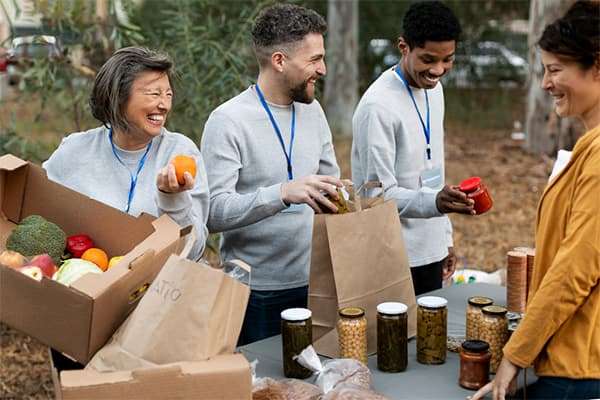Validation for Economically Best and Ready to Use Food and Eatable Products for School, Hostel Going Youngsters
Validation for Economically Best and Ready to Use Food and Eatable Products for School, Hostel Going Youngsters
Nutrition plays a vital role in the physical growth, cognitive development, immunity, and academic performance of school- and hostel-going youngsters, typically aged between 10 and 25 years. However, due to time constraints, lack of access to fresh food, and limited budgets, students often rely on convenient, ready-to-use (RTU) foods. These products must be nutritionally adequate, affordable, safe, appealing, and easy to consume. “Validation” in this context refers to the scientific and practical assessment of these food products to ensure they meet nutritional, economic, sensory, and safety standards for regular consumption by young individuals.

Types of Ready-to-Use Foods Considered
Packaged and Shelf-Stable Items
- Fortified biscuits
- Ready-to-eat (RTE) cereals and porridges
- Protein or energy bars
- Dehydrated or instant meals (upma, poha, khichdi)
- Tetra-pack beverages (milk, soy, fruit-based drinks)
Ready-to-Cook (RTC) Options
- Instant noodles (fortified versions)
- Pre-mixed dosa/idli batters
- Packaged soups and meal kits
